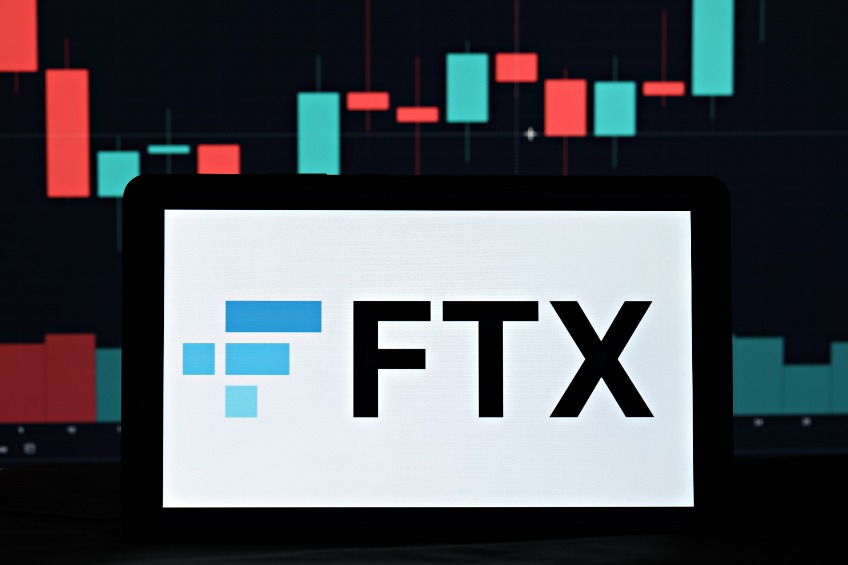Image source: Getty Images
Shares in International Distributions Services (LSE:IDS), owner of Royal Mail, leapt by double-digit percentages over the course of November. But they remain 55% cheaper than they were at the start of 2022.
Could this be the start of a stunning recovery for the IDS share price? And should investors buy the courier for long-term dividend income?
Shockwaves
Yes, you read that right. And no, I haven’t banged my head. I’m asking whether I should buy the FTSE 250 firm for income despite it cancelling dividends last month.
IDS has long been a popular stock with dividend investors. That’s owing to its long-history of offering up market-beating dividend yields.
So news last month that it was cancelling its interim dividend was a massive shock. It has done this due to its weak balance sheet and ongoing uncertainty at its core Royal Mail division.
IDS said that it “will look at the potential to pay a final dividend… from earnings in GLS”. But relying on profits from its overseas logistics division is risky given the prospect of a sharp economic cooldown in Europe and North America.
Rapid dividend growth?
City brokers at least still expect the stock to continue to generate shareholder income over the short-to-medium term, however.
They think IDS will pay total dividends of 7p per share in this financial year (to March 2023). This would be as vast reduction from the 20p reward last year. But it still creates a handy 3% dividend yield.
What’s more, analysts are anticipating rapid dividend growth next year. The full-year payout is tipped to rise to around 12p per share, which in turn drives the dividend yield to a splendid 5.1%.
Fragile forecasts
The trouble is, though, that these dividend forecasts look wildly optimistic to me.
Firstly, IDS isn’t expected to turn a profit this year. Broker consensus suggests losses per share of 27p are on the cards.
And in financial 2024 it’s predicted to generate earnings of 11p per share. This is below what analysts think the courier will pay in dividends.
The problem is that IDS doesn’t have the balance sheet strength to cover for weak earnings and finance dividends. Indeed its £1.5bn net debt mountain in September is what prompted the firm to cancel this year’s interim payout.
A second class share
And trading looks set to remain weak for a prolonged period, keeping the pressure on the company’s balance sheet.
IDS’ operations are highly sensitive to the broader economy. So Bank of England warnings of a long recession lasting until mid-2024 paints a worrying picture for the courier.
At the same time, costs are ballooning and IDS is locked in a running battle with the Communication Workers Union over pay, leading to staff walkouts. It is also enduring a terminal decline in the letters market and spending large sums on equipment as it adapts to the parcels market boom.
Theoretically, IDS could still have a bright long-term future. Steady e-commerce growth could ignite the revenues it makes from its parcels division. But I think the range of problems it faces still makes it a poor choice for UK share investors. And certainly for those seeking dividend income.
Credit: Source link














